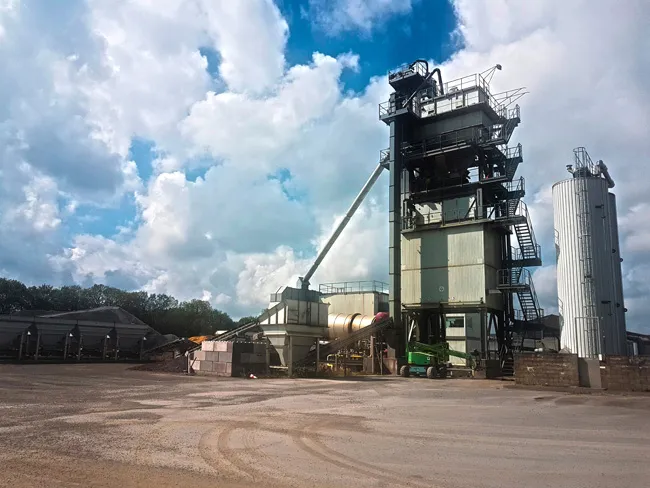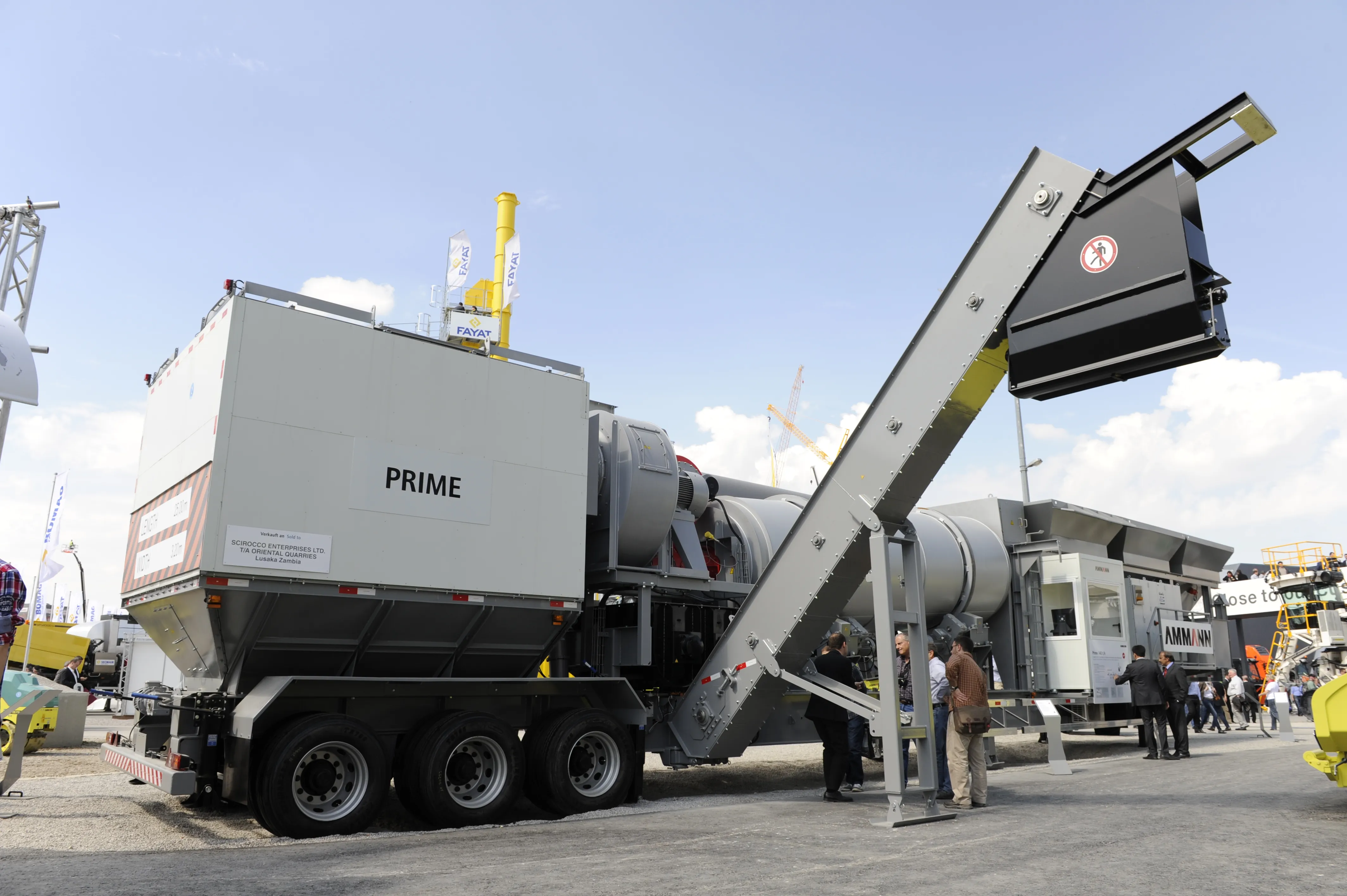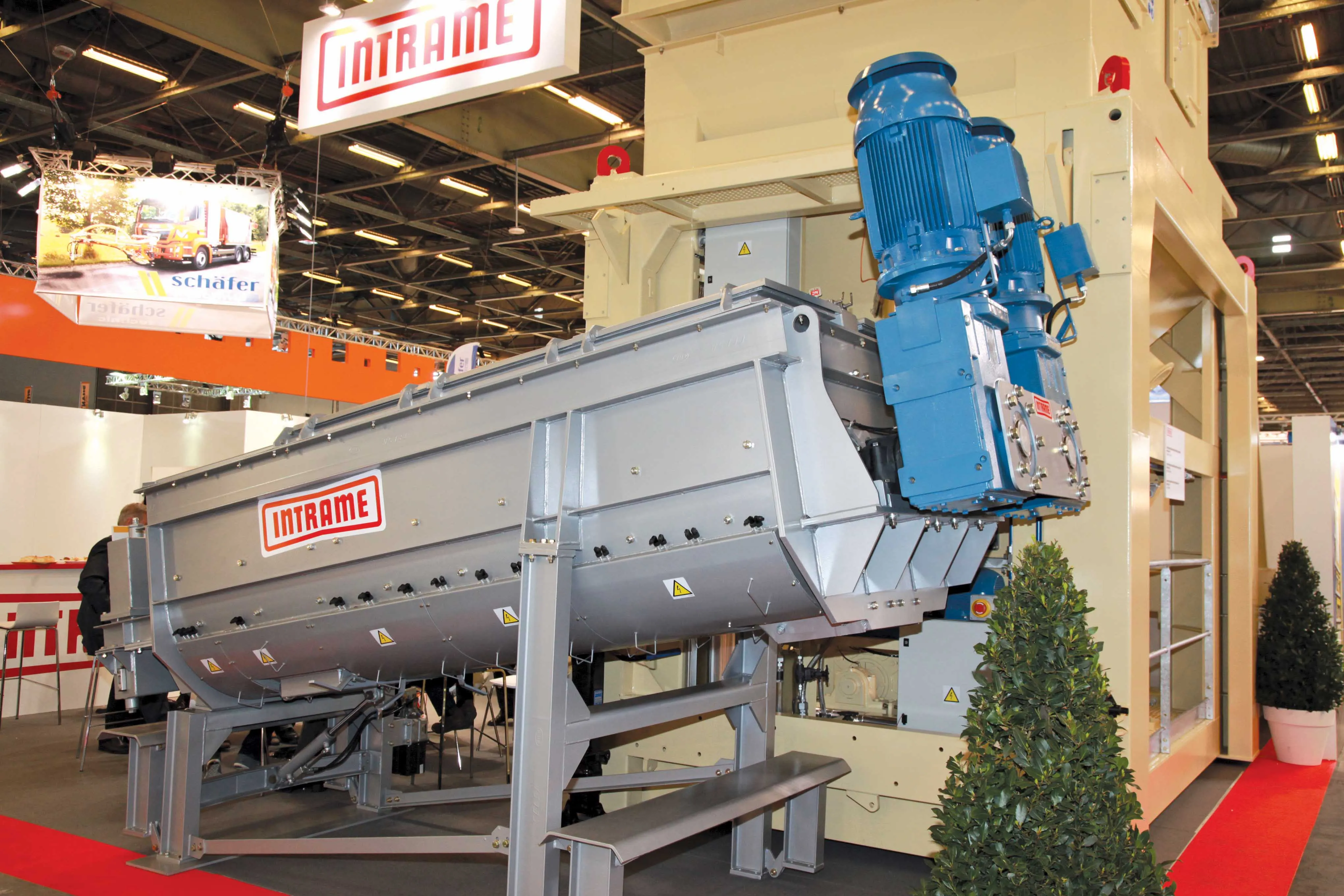A leading civil engineering firm and road contractor, Socogetra, has upgraded three of its asphalt plants, boosting efficiency. The key to the upgrade has been the revamp of the control system, which allows the firm to produce mix specifications more accurately and effectively than before. This is crucial given the increasing requirement for higher quality asphalt mixes for road construction purposes.
Socogetra said that it had been using its proven 6791 Ammann AS2000plus Control System for many years. However, the firm realised that it was time to update the technology as it needed to take advantage of the latest technological advances offered by the latest as1 Control System. This would allow the firm to continue to produce high-quality asphalt and anticipate its future requirements.
The Ammann Global 300 at Marche-en-Famenne, Belgium, was the first asphalt-mixing plant to benefit from a retrofit. When this project was completed successfully, Socogetra decided to repeat the process on its plants at Bastogne and Arlon, which produce as much as 60,000tonnes/year of asphalt. The as1 was then installed on the Ammann Global 160 and the Ammann Global 200.
Ammann’s technicians reviewed the existing systems and then incorporated current modules into the new as1 configuration for each plant. Conversion from the AS2000plus to the as1 Control System took just half a day, and staff training only required another 48 hours. Ammann technicians were on hand for a further 15 days to ensure that the upgrade went smoothly, and to give the operators an understanding of how the system works. The as1 was developed to handle multiple recipes with high precision and also makes it possible to use recycled asphalt (RAP).









